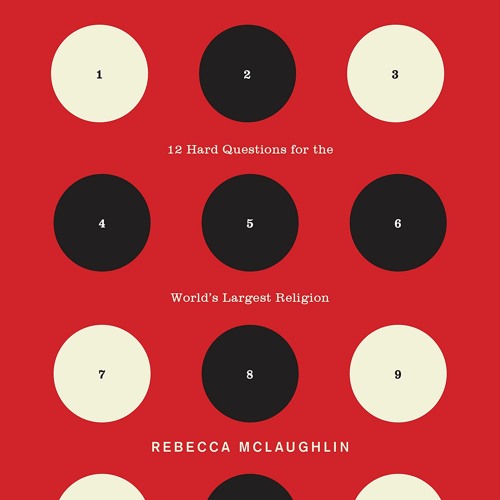

I’m now passionate about rigorous apologetics.

I lost my faith in college because I couldn’t answer any of these questions, and after an almost ten year hiatus found my way back to Jesus through the Catholic faith. Lewis’s “Mere Christianity” but for the 21st century reader). This is a well researched but easily accessible defense of the simple orthodox Christianity that lies at the foundation of most denominations (like C.S. The ending is perfect, with an invitation to the readers to accept Jesus and discover who he is further. Ultimately, the book took care not to dwell too much on the question at hand but revert back to who Jesus is and his plan for us. But that serves as a springboard to other sources on that subject. In some chapters, especially those addressing Christianity and science, there seemed to be some arguments that I felt were incomplete. Personally, I enjoyed the chapters on how Christianity is not against diversity but is the champion of it. She also looked at the questions from different perspectives but always showed that the Christian perspective held greater weight. She made strong and compelling arguments that were thought provoking and that were based on Scripture, which is important when trying to find answers for such questions. The book confronts important questions that have been asked by Christians and non-Christians alike in a way that a layperson can understand. If the purpose for suffering is not answered by the atheist in a satisfactory way, neither is it answered by the theologian's appeal to a 'hope' in a caring, loving God who allows the suffering in the first place. The author’s criticisms of atheism have largely been answered.Īddendum: I 'thumbed' through this book again and I have come to the conclusion that this is just another apologist ignoring what atheists are actually saying, and appealing to a God, who's existence she cannot (and does not) offer any concrete evidence for along with a 2,000 year book written by this God.

From a skeptic’s point of view, the claims of the Bible remain largely unproven. From a follower’s point of view this presents little or no difficulty. It assumes the bible is the literal truth of God and proof of his existence and the veracity of the claims of Christianity.

However, it fails to deliver on the harder questions of the skeptic.


 0 kommentar(er)
0 kommentar(er)
